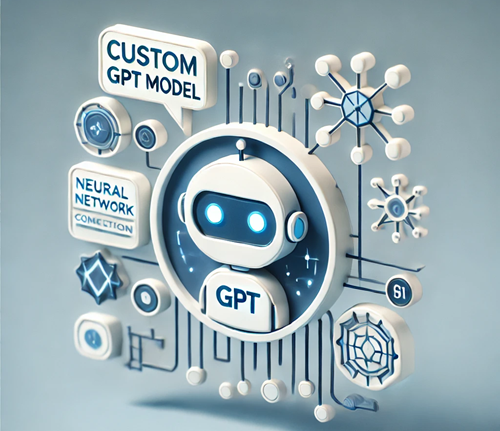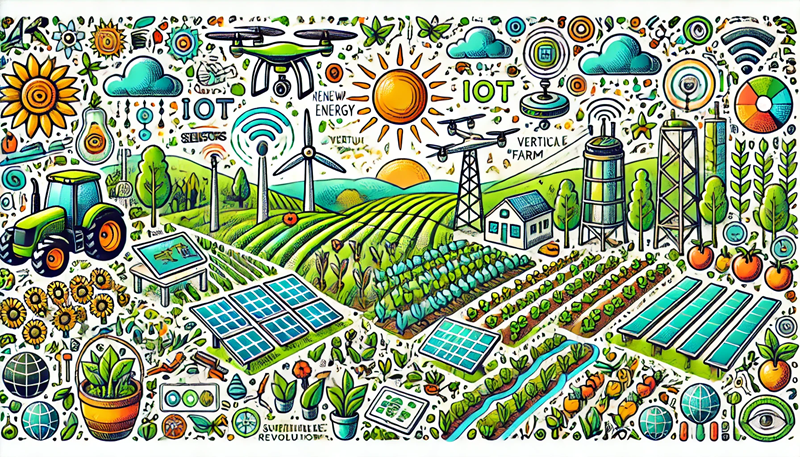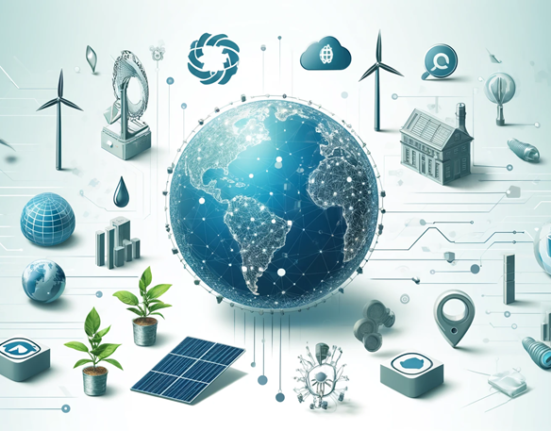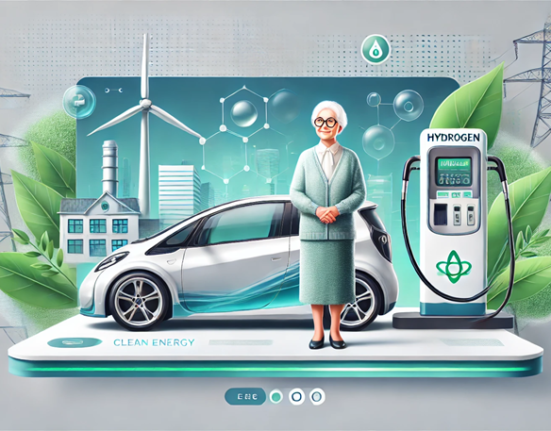Agriculture has always been at the heart of human survival, but traditional farming methods often deplete natural resources and strain ecosystems. Today, the growing demand for sustainable practices is driving the need for innovative solutions in farming. The rise of cutting-edge technologies is leading a green revolution, making agriculture more sustainable, efficient, and resilient.
The Importance of Sustainability in Agriculture
Sustainability in agriculture is about meeting current food production needs without compromising the ability of future generations to meet theirs. Challenges such as soil degradation, water scarcity, and climate change have amplified the need for sustainable practices. Key goals include:
- Reducing environmental impact.
- Preserving biodiversity and natural ecosystems.
- Ensuring food security for a growing global population.
Sustainability in agriculture is not just an option; it is a necessity for long-term environmental and economic health.
Precision Agriculture: The Heart of Sustainable Farming
Precision agriculture uses technology to monitor and manage farm inputs such as water, fertilizers, and pesticides with precision. Advanced tools include:
- Drones for aerial imaging to identify pest infestations and monitor crop health.
- IoT sensors to collect real-time data on soil moisture and nutrient levels.
- AI-driven analytics for forecasting weather and optimizing crop management.
This approach minimizes resource wastage and maximizes yield, significantly contributing to sustainable farming practices.
Renewable Energy in Agriculture
Renewable energy solutions are transforming agriculture by reducing dependency on fossil fuels. Popular applications include:
- Solar panels to power irrigation systems and farm operations.
- Wind turbines for generating electricity on large farms.
- Biogas systems that convert organic waste into energy.
By integrating renewable energy, farms can lower their carbon footprint and cut operational costs.
Vertical Farming: A Sustainable Urban Solution
Vertical farming is revolutionizing food production in urban environments. This innovative method involves growing crops in vertically stacked layers within controlled environments. Benefits include:
- Up to 90% less water usage compared to traditional farming.
- Year-round crop production, unaffected by weather conditions.
- Reduced need for pesticides due to the controlled environment.
Vertical farming provides a sustainable solution to urban food demands while reducing pressure on arable land.
Blockchain for Transparent Agricultural Supply Chains
Blockchain technology is redefining agricultural supply chains by enabling transparency and efficiency. Key features include:
- Tracking produce from farm to table to ensure authenticity.
- Verifying certifications like organic and fair-trade labels.
- Improving trust between farmers, retailers, and consumers.
Blockchain-powered solutions ensure sustainable and ethical practices in food production and distribution.
Smart Irrigation Systems for Water Conservation
Water scarcity is a pressing concern in agriculture, and smart irrigation systems are addressing this challenge effectively. These systems:
- Use IoT sensors to monitor soil moisture and weather data.
- Deliver precise amounts of water to crops, reducing waste.
- Automate irrigation schedules to save time and resources.
Smart irrigation not only conserves water but also improves crop health and yields.
Biotechnology: Boosting Crop Resilience
Biotechnology is playing a pivotal role in achieving sustainability in agriculture by developing:
- Genetically modified crops resistant to pests, diseases, and harsh weather.
- Biofertilizers to improve soil fertility naturally.
- Biopesticides to protect crops without harming beneficial organisms.
These innovations enhance productivity while reducing dependency on harmful chemicals.
Climate-Smart Agriculture for Resilience
With climate change threatening agriculture, climate-smart practices are becoming essential. These include:
- Growing drought-resistant and heat-tolerant crops.
- Adopting agroforestry to enhance biodiversity and carbon sequestration.
- Using technology to adapt to unpredictable weather patterns.
Climate-smart agriculture ensures that farming remains viable and productive in a changing world.
Empowering Farmers with Digital Platforms
Digital platforms are helping farmers adopt sustainable practices by providing:
- Market access for selling produce at fair prices.
- Online tools for managing resources and tracking expenses.
- Educational resources to train farmers in modern techniques.
These platforms bridge the gap between traditional practices and technological advancements, making sustainability accessible to farmers everywhere.
The Path Forward
Technology is not just supporting agriculture; it is transforming it. By embracing innovations like precision farming, renewable energy, and blockchain, the industry is making strides toward a more sustainable future. These advancements ensure that agriculture can meet global food demands while protecting the planet.










